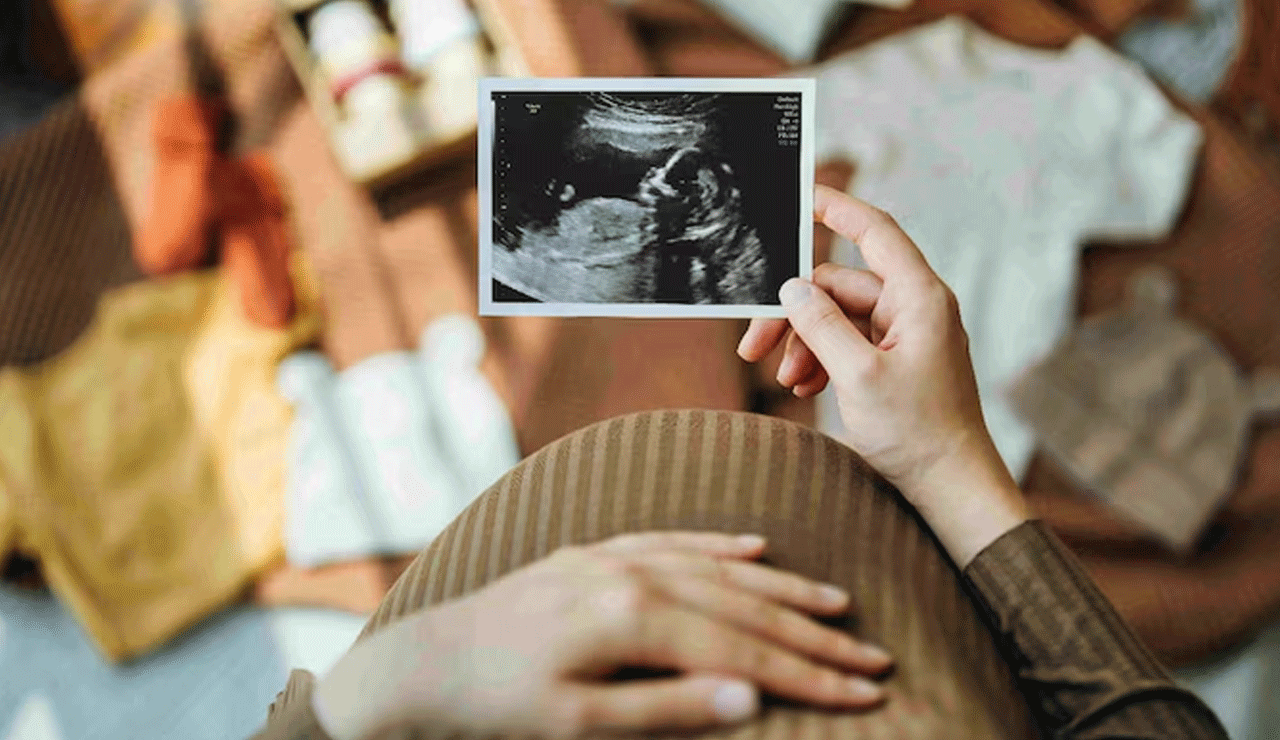Fatty liver in pregnancy may increase risk of preterm birth
Pregnant women diagnosed with metabolic dysfunction-associated steatotic liver disease (MASLD), formerly known as non-alcoholic fatty liver disease (NAFLD), face a significantly higher risk of preterm birth, according to a new study published on Friday.

New Delhi: Pregnant women diagnosed with metabolic dysfunction-associated steatotic liver disease (MASLD), formerly known as non-alcoholic fatty liver disease (NAFLD), face a significantly higher risk of preterm birth, according to a new study published on Friday.
Table of Contents
MASLD and Its Rising Prevalence
It is estimated that nearly three out of ten people globally are affected by MASLD, with common risk factors including metabolic disorders like Type 2 diabetes, and conditions such as overweight or obesity. The disease has become increasingly prevalent, especially among women of reproductive age.
The Study’s Findings on Preterm Birth Risks
Researchers from Karolinska Institutet in Sweden investigated the association between MASLD during pregnancy and birth outcomes. Their study, published in the journal eClinicalMedicine, revealed that women with MASLD were more than three times more likely to experience preterm birth compared to those without the condition.
Interestingly, the risk did not increase with the severity of MASLD, and this elevated risk persisted even when compared to overweight or obese women without MASLD.
Study Insights and Expert Explanation
Lead author Carole A. Marxer, a postdoctoral researcher at Karolinska Institutet, explained that the increased risk of preterm birth could not be solely attributed to obesity or a high body mass index (BMI). “This suggests that the liver disease itself can have negative effects on pregnancy outcomes,” she said.
The study was based on Swedish registry data, including 240 births among women with MASLD and 1,140 matched births from the general population.
Increased Risk of Cesarean Section
In addition to preterm birth, women with MASLD also had a 63% higher risk of requiring a cesarean section compared to the control group. However, this increase in risk was found to be associated with high BMI, as no additional risk was seen in comparison to overweight or obese women without fatty liver disease.
Monitoring Pregnant Women with MASLD
The researchers emphasized the importance of closely monitoring pregnant women diagnosed with MASLD to reduce the risk of complications. They also suggested that clinical guidelines for MASLD in pregnancy should be updated to include specific recommendations for these women.
No Increased Risk of Congenital Malformations or Infant Mortality
The study found that women with MASLD did not face an increased risk of having children with congenital malformations or infant mortality, which is a positive finding in the context of the overall risks. However, the researchers noted that the increased risk of preterm birth could still have been influenced by other factors.
In conclusion, this study highlights the importance of recognizing MASLD during pregnancy as a condition that requires special attention and care to ensure the health and well-being of both mother and child.
